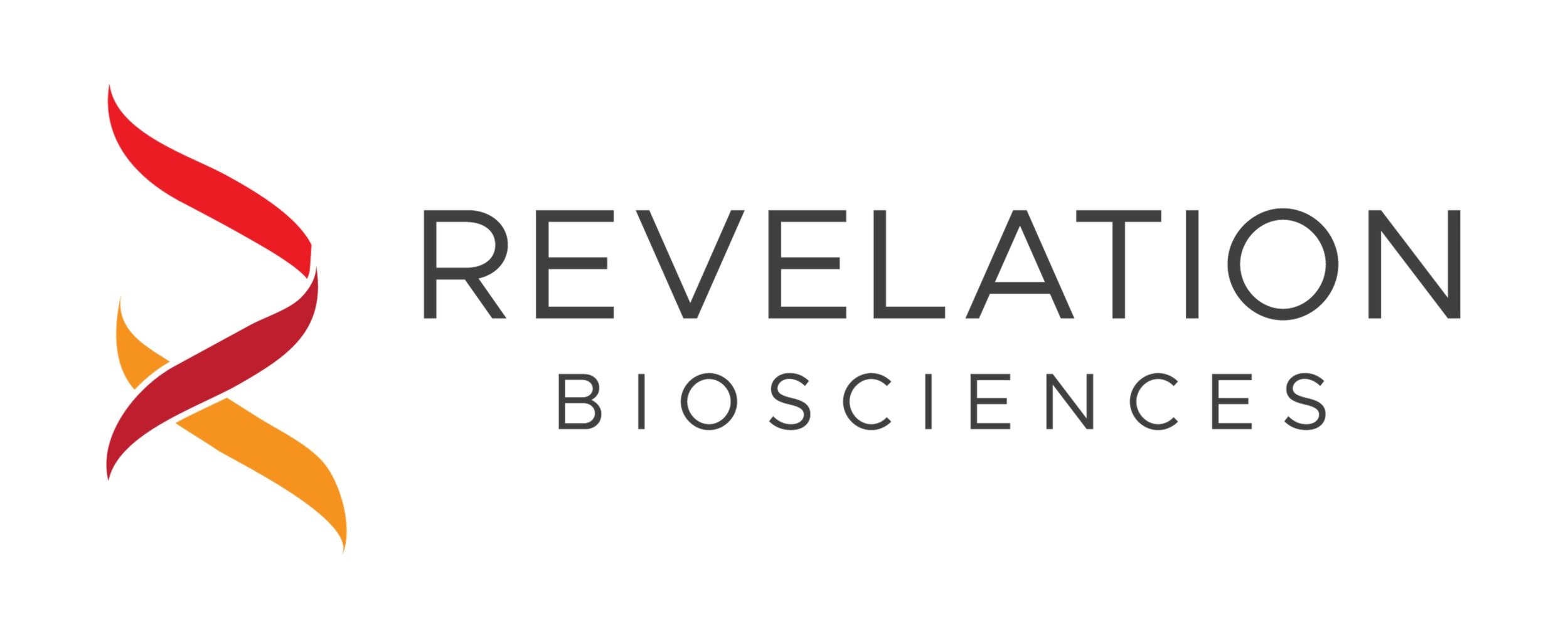REVTx-99
Nasal drops for the prevention and/or treatment of respiratory viral infection and chronic nasal congestion.
Sixty seven percent (67%) of subjects in our Phase 1 healthy volunteer study showed a greater than 5-fold increase in IP-10. Three-fold changes in IP-10 have been shown to be protective against influenza and rhinovirus infection in other clinical studies. Additional information can be found in our corporate presentation.
Background
Figure 1
The innate immune system is our first line of defense against invading pathogens such as bacteria and viruses. When a respiratory pathogen, such as a virus, invades a person through the nose, the innate immune system responds by producing and releasing various types of cytokines. Cytokines are proteins that direct different activities in cells to combat the invading pathogen.
REVTx-99, our lead therapeutic candidate, is a broad anti-viral nasal drop solution that can be used to prevent or treat respiratory viral infections, including Influenza A, Influenza B, parainfluenza, rhinovirus, respiratory syncytial virus and SARS-CoV-2 including its variants. REVTx-99 is thought to work by boosting the body’s innate immune system to produce local nasal protective cytokines (Figure 1), but not systemic cytokines that could worsen a patient’s condition. These protective cytokines work in multiple ways to blunt the ability of an invading pathogen (such as a virus) from surviving and proliferating.
In addition, we believe REVTx-99 may also be helpful in treating allergic rhinitis and chronic nasal congestion by activation of the same protective cytokines.
The active ingredient in REVTx-99 is Phosphorylated hexaacyl disaccharide (PHAD®) (a synthetic version of monophosphoryl lipid A or MPLA). PHAD® is also known generically as glucopyranosyl Lipid A (GLA). REVTx-99 is formulated as a liquid for intranasal administration as drops.
Phase 1 Study Safety and Biomarker Results
REVTx-99 was evaluated in Phase 1 healthy volunteer study and was shown to be well tolerated. In addition, REVTx-99 significantly increased the levels of key intranasal (localized) biomarkers of interest (e.g. intranasal cytokines) in a dose dependent manner, but had no effect of systemic cytokines (Figure 2). Clinical studies have shown that a 3-fold change in intranasal IP-10 provides protection from infection with influenza or rhinovirus.
Figure 2. Fold-change in Interferon Protein-10 (IP-10) vs baseline.
Figure 3. Subjects with >5-fold change inIP-10
Phase 2 Viral Challenge Study
Revelation plans to initiate a Phase 2 Viral Challenge study with Influenza in the first quarter of 2022. This study will evaluate the potential of REVTx-99 to prevent or reduce the severity and duration of infection with influenza. A successful completion of this viral challenge study will de-risk later stage real-world studies required for approval. An outline of the study design and objectives can be found in the corporate presentation.
Phase 1 Allergen Challenge Study
Revelation plans to initiate a Phase 1 allergen challenge study in the fourth quarter of 2021. This study will evaluate the potential of REVTx-99 to prevent or treat allergies brought on by ragweed pollen. Success in this study will support later stage studies required for approval. An outline of the study design and objectives can be found in the corporate presentation.



